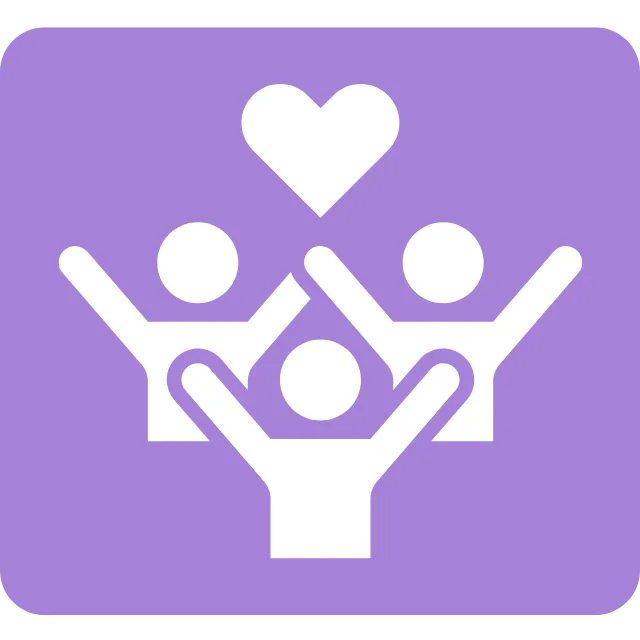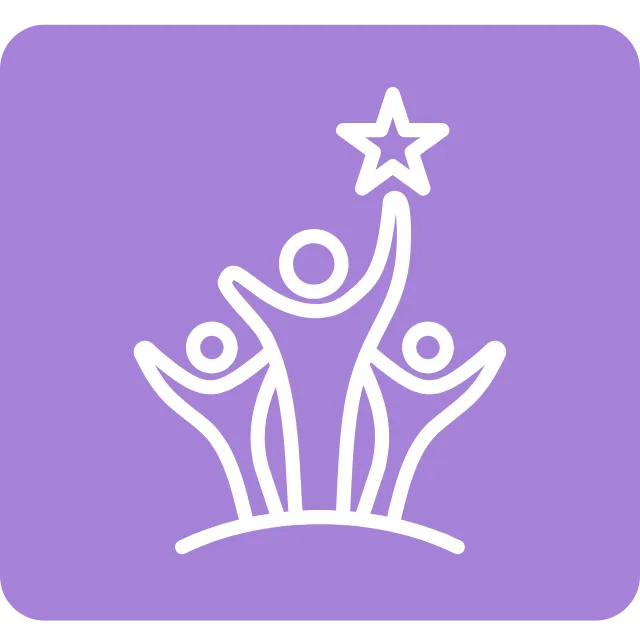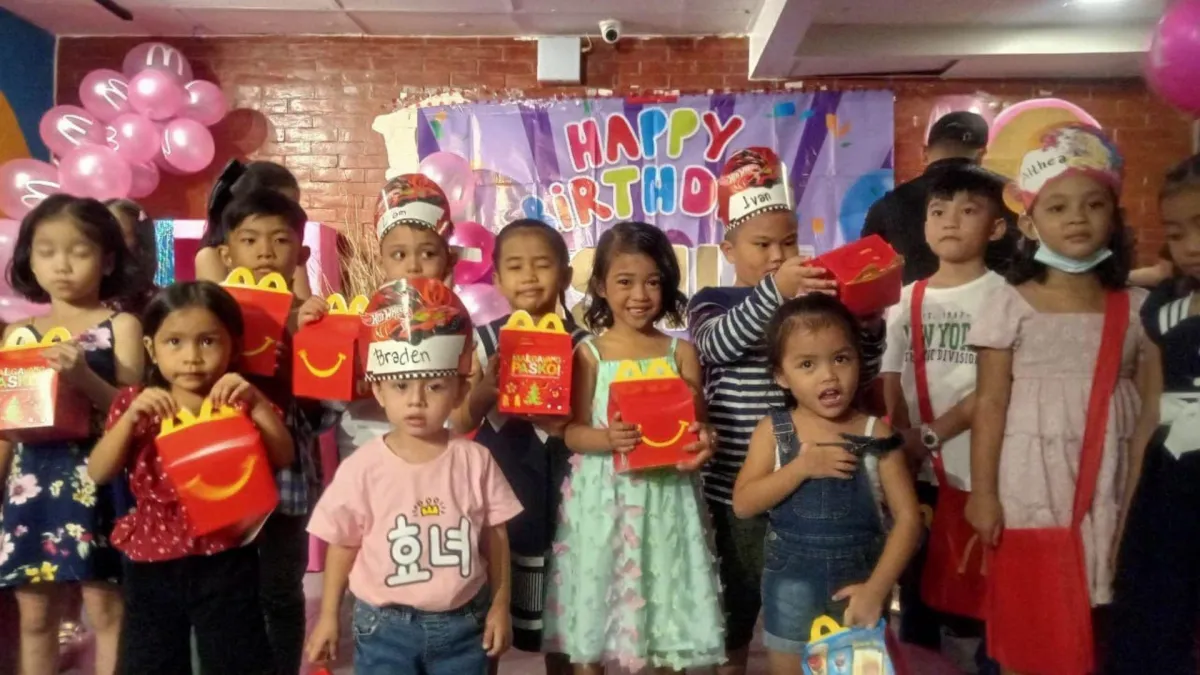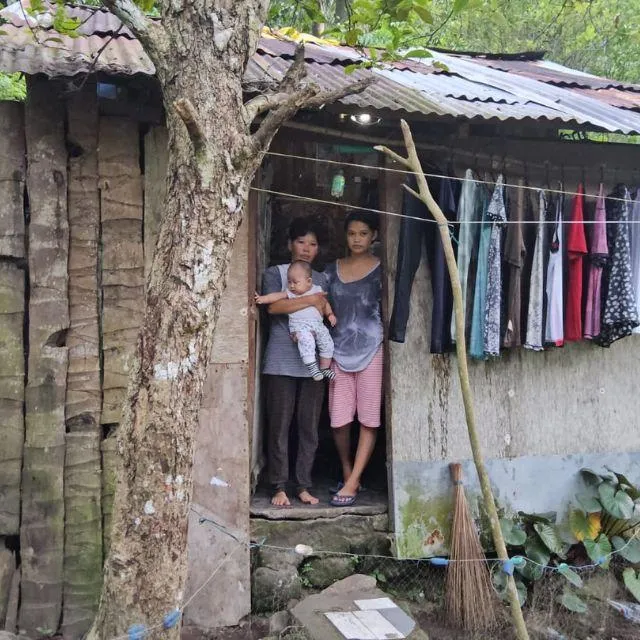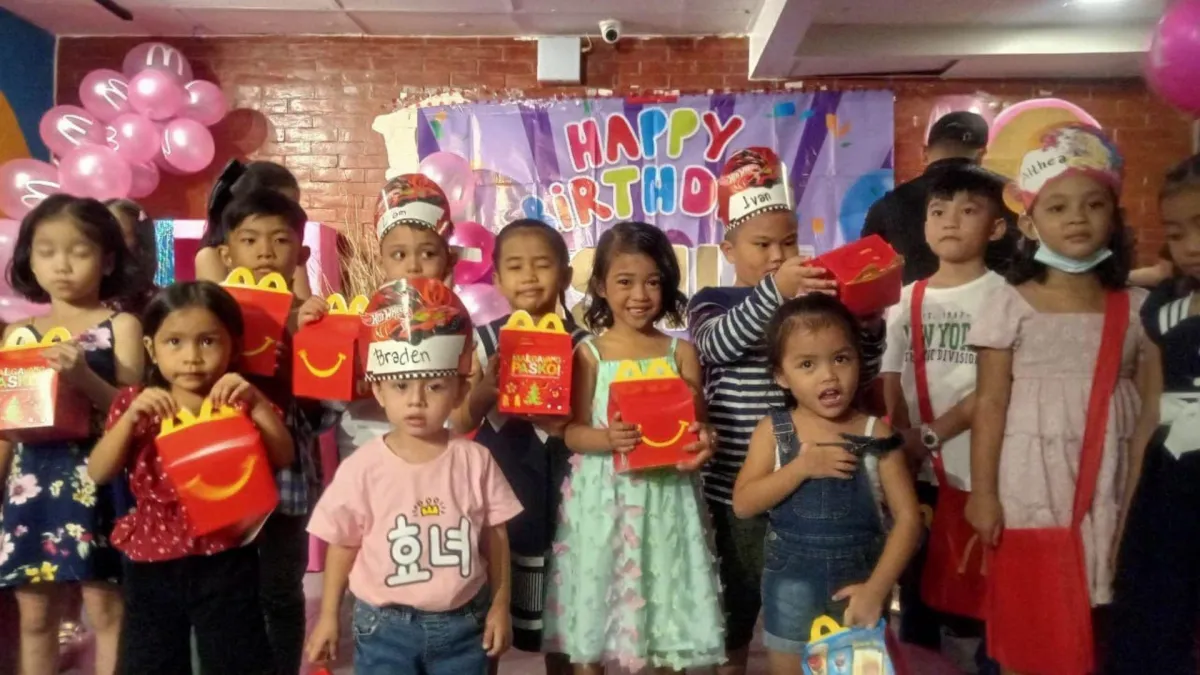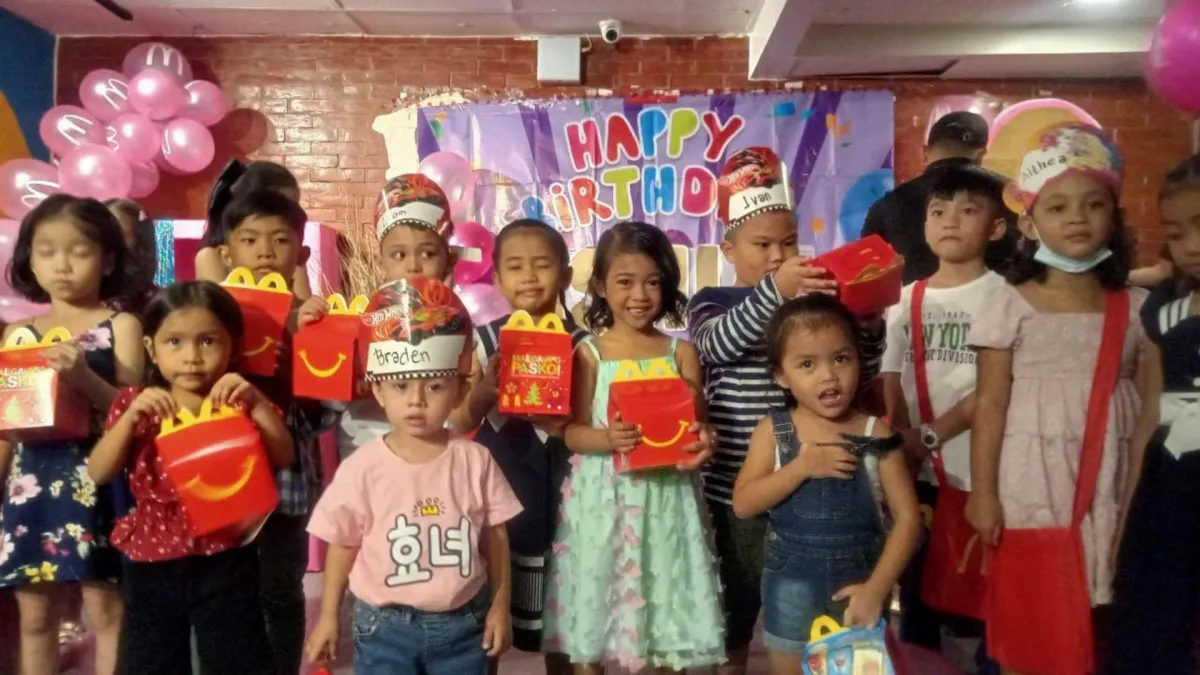
Child Empowerment Program
Building Resilience and Confidence: How the Child Empowerment Program Prepares Children for Life
Introduction
At Born to Be Wealthy Foundation, we believe in empowering children to take control of their futures, face challenges with confidence, and develop the skills they need to succeed in all areas of life. Our Child Empowerment Program is dedicated to fostering resilience, self-esteem, and practical life skills in children, helping them navigate the complexities of life and prepare for a successful future.
Resilience and confidence are two of the most crucial traits for overcoming adversity and thriving in today’s fast-paced world. By providing children with the resources, mentorship, and support they need, the Child Empowerment Program helps them develop these essential qualities. In this blog post, we will explore how the Child Empowerment Program builds resilience and confidence in children, preparing them for life’s challenges and ensuring they are equipped to succeed in all areas of their future.
What is the Child Empowerment Program?
The Child Empowerment Program is designed to help children develop the resilience, confidence, and life skills necessary to thrive academically, socially, and emotionally. The program focuses on building strong foundations by offering children a variety of activities, mentorship, and support systems that empower them to take ownership of their lives, manage stress, and set meaningful goals.
Key components of the program include teaching life skills, providing mentorship opportunities, and offering practical tools that help children face obstacles with a positive attitude. Whether it’s learning how to make responsible decisions, building emotional intelligence, or setting academic and personal goals, the Child Empowerment Program ensures that children are prepared for whatever challenges lie ahead.
The Role of Resilience in Childhood Development
Resilience is the ability to bounce back from setbacks, learn from failure, and keep moving forward. It is a vital skill that helps children cope with stress, adapt to change, and maintain a positive outlook even when things get tough. The Child Empowerment Program emphasizes the development of resilience by offering children the tools to manage their emotions, overcome obstacles, and stay focused on their goals.
Through activities such as problem-solving exercises, group discussions, and mentorship, the program teaches children that failure is not a defeat but an opportunity to learn and grow. Resilient children are better equipped to handle life’s challenges and are more likely to persevere through adversity to achieve their goals.
Building Confidence: The Key to Unlocking Potential
Confidence is another cornerstone of the Child Empowerment Program. When children believe in themselves, they are more likely to take risks, face challenges head-on, and work hard to achieve their goals. Confidence is not just about self-esteem—it’s about fostering a positive self-image and believing in one’s ability to succeed.
The program provides children with opportunities to set goals, track their progress, and celebrate their achievements. Whether it’s through academic success, personal growth, or community involvement, the Child Empowerment Program encourages children to take pride in their accomplishments, boosting their confidence and motivating them to keep striving for success.
Teaching Life Skills: How the Program Prepares Children for the Real World
Life skills are the practical skills needed to navigate everyday situations and challenges. From managing time and money to making decisions and communicating effectively, life skills are essential for success in both personal and professional life.
The Child Empowerment Program focuses on teaching these important skills through hands-on activities, workshops, and mentoring. By learning life skills, children develop the ability to make informed decisions, manage their time effectively, and communicate their ideas with confidence.
Emotional Intelligence: Understanding and Managing Feelings
Emotional intelligence (EQ) is a key component of resilience and confidence. EQ refers to the ability to recognize, understand, and manage one’s emotions as well as the emotions of others. The Child Empowerment Program teaches children how to identify and express their emotions in healthy ways, which improves their relationships, reduces stress, and fosters a positive sense of self.
By developing emotional intelligence, children learn how to navigate social situations, resolve conflicts, and manage stress effectively. EQ is critical for success in both personal and professional environments, and the Child Empowerment Program ensures that children develop these vital skills early in life.
The Impact of Mentorship and Support Systems
Mentorship plays a crucial role in the Child Empowerment Program. Through mentorship, children receive guidance, encouragement, and advice from positive role models who help them navigate challenges and achieve their goals. Mentors serve as trusted advisors, offering support and motivation when needed, and helping children see their potential and build confidence.
Support systems, such as family, teachers, and peers, are also integral to the program’s success. By providing children with a strong network of supporters, the program ensures that children never feel alone in their journey toward empowerment.
Success Stories: How the Child Empowerment Program Has Transformed Lives
The Child Empowerment Program has made a significant impact on the lives of many children. Here are a few success stories:
Story 1: Amina, a 12-year-old girl, struggled with self-confidence and had trouble setting goals. After participating in the Child Empowerment Program, Amina learned how to set academic and personal goals, track her progress, and celebrate her achievements. She became more confident in her abilities and began taking on leadership roles in school.
Story 2: Lucas, a 10-year-old boy, faced bullying at school due to his quiet nature. Through the program, he gained confidence in his ability to speak up for himself and developed strong communication skills. Lucas now actively participates in class discussions and has formed positive friendships.
The Role of Donors and Volunteers in Supporting the Program
The Child Empowerment Program relies on the generosity of donors and the hard work of volunteers. Donors provide the financial resources necessary to fund program activities, workshops, and mentorship opportunities, while volunteers donate their time and expertise to help guide children through their empowerment journey.
How You Can Get Involved
You can support the Child Empowerment Program by:
Donating funds to support program activities and resources.
Volunteering as a mentor or workshop leader to help children develop life skills.
Spreading the Word to raise awareness and encourage others to get involved.
Conclusion
Building resilience and confidence is crucial for children’s long-term success and well-being. The Child Empowerment Program helps children develop these traits by teaching them life skills, providing mentorship, and encouraging them to take ownership of their futures. By supporting the program, you are helping to empower the next generation of leaders, equipped with the tools they need to face life’s challenges and succeed.





